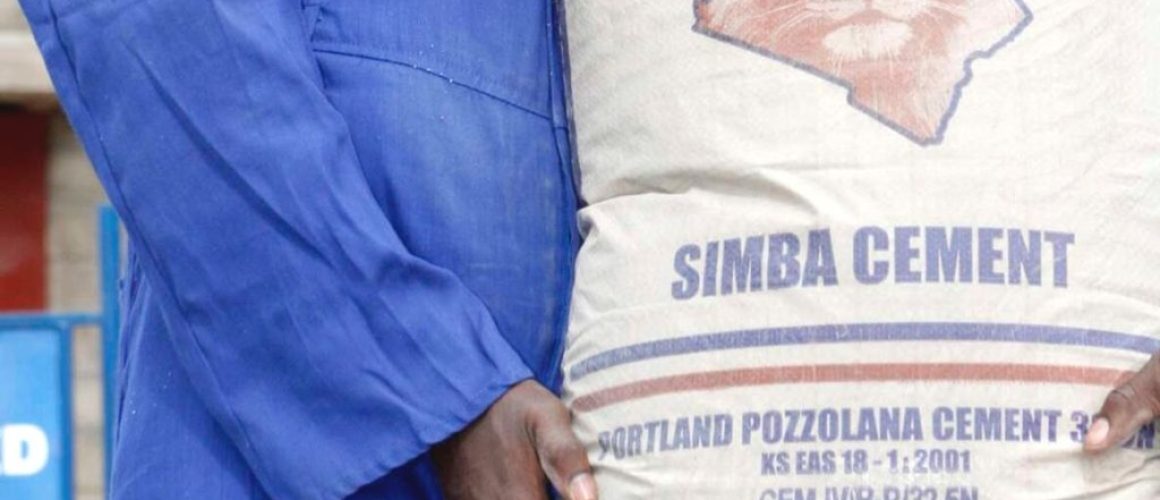Simba Cement Pokot plant opens in August
Simba Cement, part of the businessman Narendra Raval’s empire, is set to open its West Pokot plant in July, pumping into the country an additional 2.5 million tonnes of clinker, a key raw material in the manufacture of cement.
Production is scheduled to start a month later, raising competition in the cement sector and further constraining the industry’s ability to raise prices.
“The plant is on the final stage of completion with the first production expected to be out by August,” Mr Raval told the Business Daily.
The commissioning of the plant will make Mr Raval the largest producer of clinker in East Africa with the production of 7.5 million tonnes from his three factories. The businessman has other cement operations through National Cement Company Limited.
The West Pokot plant will be the second largest in Kenya after his Emali plant, which currently produces 3.5 tonnes of clinker annually.
Mr Raval said the cement firms would export surplus clinker to other East African countries that also rely on imports to meet their needs.
The billionaire, who also has an interest in steel, has been pushing for an increase in duty levied on imported clinker amid opposition from other manufacturers.
He has been pushing for enhanced import duty on clinker, the main ingredient for the manufacture of cement, as the steel magnate eyes some Sh8.3 billion that factories without grinders pay to import the crucial raw material. Import levy on clinker stands at 25 percent currently.
However, five cement makers put up a spirited fight against a fresh plot by Mr Raval to control the lucrative clinker market.
The Competition Authority of Kenya gave Simba Cement, a subsidiary of the Devki Group of Companies, the go-ahead to buy 100 percent of the business and assets of Cemtech owned by Indian conglomerate Sanghi Group in 2019.
The feasibility study for the project, which was commissioned in 2010 by the Kerio Valley Development Authority showed that the area has large deposits of limestone with the potential to produce 1.2 million tonnes of cement per year.
Additional capacity
Mr Raval said the additional capacity in Kenya has the potential to cut the cost of cement from the current Sh650 for a 50-kilo bag to Sh500.
The plant, said Mr Raval, would also contribute to job creation with at least 2,000 people to be employed directly at the facility.
West Pokot governor Simon Kachapin said the commissioning of the project would contribute significantly to the residents of the county.
“This plant will have a multiplier effect on the West Pokot economy because of the direct impact that it will have on our people,” he said.
Mr Kachapin said the county would give the investor all the support that he requires to make the project successful.



